The Seattle Times
By Daniel Beekman
New legislation proposed for Washington state that would allow cities to grant tax breaks to landlords who keep rental housing affordable has garnered support from Democrats and Republicans, tenants and landlords and Seattle and its suburbs.
The mayors of Seattle, Auburn and Tukwila stood shoulder to shoulder with state Sen. Joe Fain, R-Auburn, outside a modest apartment building in Tukwila on Friday to tout the legislation sponsored by Fain and state Sen. David Frockt, D-Seattle.
They said their goal is to prevent the displacement of longtime tenants by keeping rents down at buildings that are currently affordable. In many cases, they said, landlords raise rents in order to pay for necessary building repairs and improvements.
“We know that we’re growing fast, and we know that as we grow, some buildings age and landlords face some pretty significant expenses,” Seattle Mayor Ed Murray said.
“Too often, it doesn’t pencil out to keep the rents affordable. To help them, we’ve developed this voluntary program.”
Under the bill slated for introduction in Olympia on Monday, owners of existing rental properties could choose to apply for a 15-year exemption from local property taxes.
To qualify, landlords would agree to reserve 25 percent of the apartments in their building for low-income households. Those units would be rent-restricted for 15 years so they would be affordable for families earning no more than 50 or 60 percent of the area median income, which is $36,000 or $43,000 for a two-person household in King County.
“We’re looking for a market-based approach — an approach that’s not heavy-handed government regulation,” Fain said.
In low-cost areas, the apartments would be reserved for families earning no more than 50 percent of the area median income. In high-cost areas, such as Seattle’s Ballard neighborhood, the units would be for those earning no more than 60 percent.
In Ballard, where the average rent for a new two-bedroom apartment is now $2,072, two-bedroom units kept affordable in return for tax breaks could rent for $1,210.
It would require the rent-restricted apartments to be “comparable in terms of quality and living conditions” to the market-rate units in the same building.
Each city would determine how many buildings to enroll, and each would be able to tailor the legislation to meet its own needs. For example, a city might require a landlord to meet energy- and water-conservation minimums in addition to requiring low rents.
Karyn Kuever, who owns the building near International Boulevard in Tukwila where the politicians gathered Friday, said her tenants would benefit from the proposal.
“I see a lot of issues with tenants being displaced or overcrowding units,” Kuever said, pointing to a one-bedroom unit that’s home to a couple with a third child on the way.
Tukwila landlord Karyn Kuever is a supporter of proposed Washington state legislation that would allow cities to grant tax breaks to property owners who agree to keep existing housing affordable. (Daniel Beekman / The Seattle Times)
“When the three-bedroom apartment became available, they couldn’t afford it,” she said. “This would allow that family to keep the kids in the same school, have the same neighbors and have a little bit more room.”
The Rental Housing Association of Washington is in favor of the Fain-Frockt bill.
The legislation would put into practice one of 65 strategiesrecommended last year by Murray’s Housing Affordability and Livability Advisory Committee (HALA).
Murray said officials estimate the tool could result in restricted rents for 3,000 Seattle apartments over 10 years at a cost of $12 a year to the average city taxpayer.
Fain and Murray said the proposed legislation has bipartisan backing because housing affordability has become an problem in urban, rural and suburban communities alike and in Democratic and Republican parts of Washington.
“This is not just a Seattle problem,” Fain said.
The mayors of Lake Forest Park, Lynnwood, Mercer Island, North Bend, Redmond, Renton and Snoqualmie are also on board.
Darryl Johnson echoed that point. The home-care worker said he’s chased affordable rents from Seattle to Kent to Auburn, where he now lives,
“It’s just too hard for us working people to find quality housing,” Johnson said.

